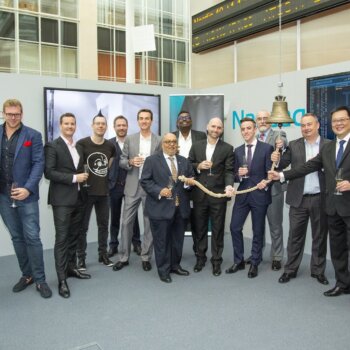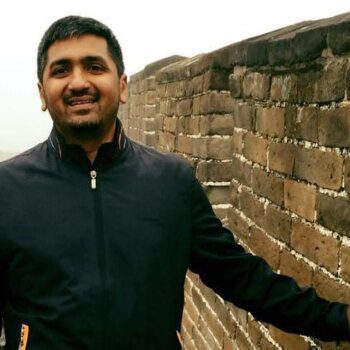As wealth in Asia explodes, so does the number of Family Offices springing up to serve it.
Interestingly the first known example of what would go on to become known as a Family Office started in China in the 1600’s BC. The concept of Trusts came about with the Crusades in the AD 1100 but the industry as we know it really started in the 1800’s.
Now well established in Europe and the US the Family Office space in Asia is still relatively immature but is catching up quickly.
“Wealth here is getting more and more sophisticated and being created at a rather unprecedented pace.” – Anurag Mahesh, Head of UBS family Office Operations in Asia
Typically a Family Office is setup to manage the wealth of individuals or families worth $500m or more, but that number is falling rapidly.
The objectives remain the same with Capital Preservation being one of the biggest priorities. Anyone that has created intergenerational wealth is familiar with stories of inheritances being destroyed, or destroying the next generation
Additional objectives are sourcing the best opportunities to invest. Building a network of trusted advisors and partners that can not only provide access to those opportunities but can filter out what should not be getting through. Finally Philanthropy often also falls to the Family Office to manage, or in other cases the returns from the family office are being used to fund philanthropy. Either way it often plays an integral part and may or may not be part of a bigger effort around the legacy of the individual or their family.
For more information http://www.familyoffices-asia.org/
Author: Callum Laing
@LaingCallum
Linkedin.com/in/CallumLaing/






























